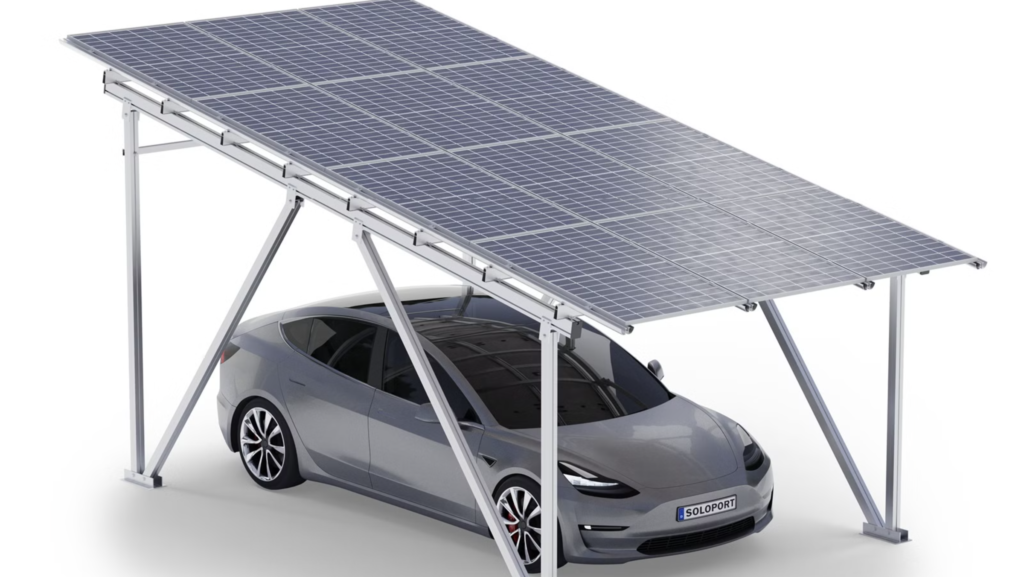Key Considerations for Frame Material Selection in Solar Panels: Protective Precautions
When selecting frame materials for solar panels, it is crucial to prioritize durability, corrosion resistance, and structural integrity to ensure long-term performance and safety. Here are some essential protective precautions to keep in mind:
- Corrosion Resistance:
Opt for materials that exhibit high resistance to environmental corrosion, especially if the solar panels will be installed in coastal areas or regions with high humidity. Corrosion can weaken the frame structure, leading to potential failures over time. Stainless steel, anodized aluminum, or corrosion-resistant alloys are commonly preferred choices due to their inherent protective properties. - Weather Durability:
The frame material must withstand extreme weather conditions, including heavy rain, snow, hail, and prolonged UV exposure. Ensure the material does not degrade, warp, or become brittle under such conditions, as this could compromise the panel’s stability and efficiency. - Structural Strength:
The frame should provide adequate support to the solar panel, protecting it from mechanical stresses such as wind loads and impact. Choose materials with high tensile strength and stiffness to maintain the panel’s structural integrity under various environmental pressures. - Thermal Expansion Compatibility:
Consider the thermal expansion coefficient of the frame material to ensure it aligns with that of the solar cells and other components. Mismatched expansion rates can lead to internal stresses, cracking, or delamination, reducing the panel’s lifespan and performance. - Weight Considerations:
While ensuring strength, it’s also important to manage the overall weight of the solar panel system. Lightweight yet robust materials can reduce installation costs and simplify logistics, especially for large-scale solar farms or rooftop installations where weight restrictions may apply. - Environmental Impact:
Select materials that are environmentally friendly and recyclable. This not only aligns with sustainable practices but may also offer long-term cost savings and compliance with future environmental regulations. - Maintenance Requirements:
Choose frame materials that require minimal maintenance over their lifespan. Low-maintenance options reduce operational costs and downtime, ensuring the solar panels remain efficient and reliable. - Compatibility with Sealants and Adhesives:
Ensure the frame material is compatible with the sealants and adhesives used in panel assembly. Incompatibility can lead to bonding failures, water ingress, and subsequent damage to the solar cells.
By carefully considering these protective precautions when selecting frame materials for solar panels, you can enhance the durability, efficiency, and safety of your solar energy system, ensuring optimal performance even in challenging environmental conditions.


